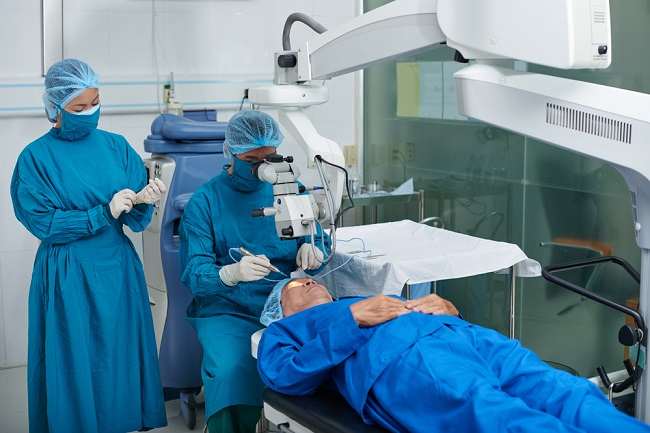The impact of vitamin A deficiency on pregnant women is not the same as the impact in general. This is because vitamin A deficiency will also affect the condition of the womb and fetus.
Vitamin A is needed in various stages and phases of a woman's life. During pregnancy, vitamin A is needed for the development of the heart, lungs, kidneys, eyes, and fetal bones. After giving birth, vitamin A can help repair the mother's body tissues, reduce the risk of infection, strengthen the immune system, and maintain healthy eyesight.

Impact of Vitamin A Deficiency on Pregnant Women
In pregnant women, vitamin A deficiency usually occurs in the third trimester. This is due to the increased need for vitamin A due to increased blood volume and rapid fetal development.
Although rare, vitamin A deficiency usually results in impaired vision and immune system weakness. In addition, pregnant women who experience vitamin A deficiency can also experience the following effects:
1. Miscarriage
Vitamin A deficiency can increase the risk of miscarriage in pregnant women. A study found a link between vitamin A deficiency during pregnancy and fertility and the occurrence of spontaneous miscarriage.
2. Xerophthalmia
Vitamin A deficiency will cause xerophthalmia. This can also happen to pregnant women. Xerophthalmia is a progressive disease characterized by dry eyes. This condition needs to be treated immediately, because it can lead to blindness.
3. Blindness
In general, vitamin A deficiency can decrease visual acuity, especially in the afternoon and evening. Vitamin A deficiency can even increase the risk of blindness.
4. Iron anemia
People who are deficient in vitamin A tend to have low iron levels, so they are prone to anemia. This condition can also occur in pregnant women.
Meet the Needs of Vitamin A during Pregnancy
One simple way that can be done to meet the needs of vitamin A is to adopt a healthy diet with balanced nutrition during pregnancy. This step is also important to prevent malnutrition during pregnancy. Several types of foods that are rich in vitamin A can be an option:
- Green and yellow vegetables, such as carrots, pumpkin, and broccoli.
- Fruits, such as cantaloupe and mango.
- Several types of fish, such as salmon and bluefin tuna.
- Dairy products, such as cheese.
In addition, beef liver also includes foods that are rich in vitamin A. However, its consumption should not be excessive, because it can cause excess vitamin A (hypervitaminosis A) which is actually harmful to the fetus.
In pregnant women, vitamin A supplementation is generally not necessary. If pregnant women experience severe vitamin A deficiency, to the point of causing complaints and symptoms, do an examination to the doctor. The doctor will give you vitamin A supplements in safe doses.
Pregnant women should not carelessly take vitamin A supplements, because excess vitamin A can cause a more dangerous effect, namely the occurrence of defects in the fetus. Some other effects of excess vitamin A are dry and rough skin, blurred vision, and bone swelling.
The impact of vitamin A deficiency on pregnant women is not only on the health of pregnant women themselves, but also on the fetus. So, as much as possible meet the needs of vitamin A during pregnancy by adopting a healthy diet. But remember, avoid taking vitamin A supplements beyond the advice of a gynecologist.









